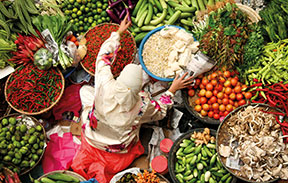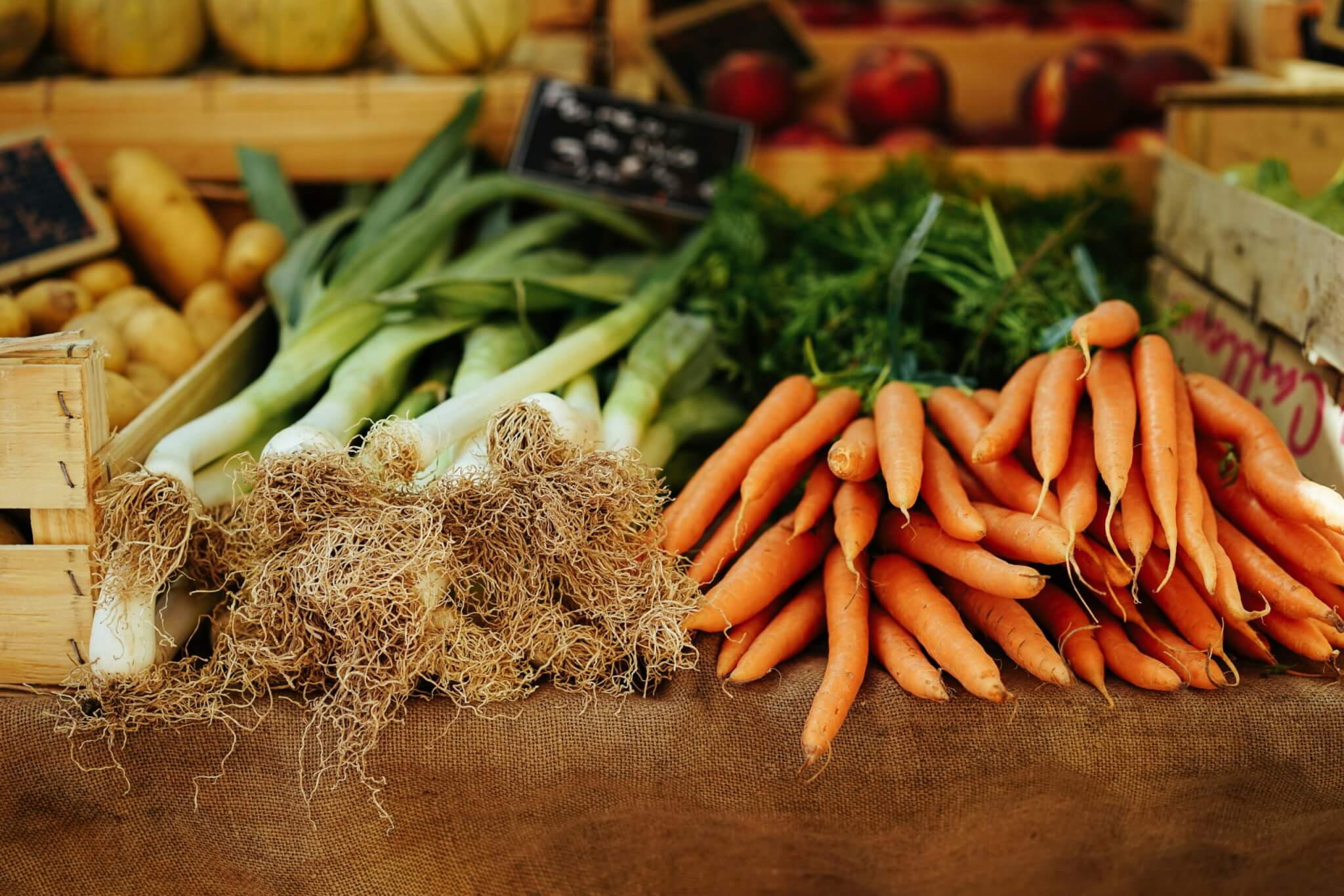
A new report on sustainable eating that claims to offer a diet that will provide ‘planetary’ as well as human health has sparked debate online and criticism from some food campaigners and NGOs.
The Eat-Lancet Commission’s report, which was compiled by 37 scientists and published in the medical journal The Lancet, said it is the first time a healthy and sustainable diet has been created through a scientific process.
According to the report, a planetary healthy diet for adults is symbolically represented by half a plate of fruits, vegetables and nuts. The other half consists of primarily whole grains, plant proteins (beans, lentils, pulses), unsaturated plant oils, modest amounts of meat and dairy, and some added sugars and starchy vegetables. The plate is flexible and can be adapted for dietary needs, preference and cultural influences, the report said.

“Transformation to healthy diets by 2050 will require substantial dietary shifts,” said Walter Willett of Harvard University and one of the lead commissioners of the report. “Global consumption of fruits, vegetables, nuts and legumes will have to double, and consumption of foods such as red meat and sugar will have to be reduced by more than 50 per cent.
“A diet rich in plant-based foods and with fewer animal source foods confers both improved health and environmental benefits,” he added.
But campaigners and food organisations online have expressed concern over various aspects of the report, including the nutritional content of the diet, the health impact of reducing meat intake in developing countries, the lack of context around different agricultural systems, such as organic or grass-fed livestock, and the indirect link with big food companies through the Eat NGO and its partners.
Chief executive of the Sustainable Food Trust, Patrick Holden, said: “We welcome the fact that the report highlights the urgent need for fundamental change in farming systems and diets.
“However, it does little to inform the public about the path to a sustainable future and in some key respects will make things worse. A key weakness in the report is the failure to fully differentiate between livestock that are part of the problem and those that are an essential component of sustainable agricultural systems. This results in messages that are likely to add to existing confusion around what constitutes a healthy and sustainable diet.
In a blog for the European Food Agency (EFA), professor of food science, Frédéric Leroy, said: “Instead of undermining the foundations of our diets and the livelihoods of many, we should be tackling rather than ignoring the root causes, in particular hyperconsumerism. What we should avoid is losing ourselves in slogans, nutritional scientism, and distorted worldviews.”
Others have pointed to the value of the Eat-Lancet report in kickstarting the debate about the need for major changes in the food system.
Joanna Lewis, policy director at the Soil Association, said: “The Soil Association welcomes the major contribution the Eat-Lancet Commission has made to shattering the myth that agro-ecological farming cannot feed the world. This ground-breaking scientific report makes game changing recommendations defining the direction of travel towards a sustainable food and farming system to achieve healthy diets for all by 2050.”












0 Comments